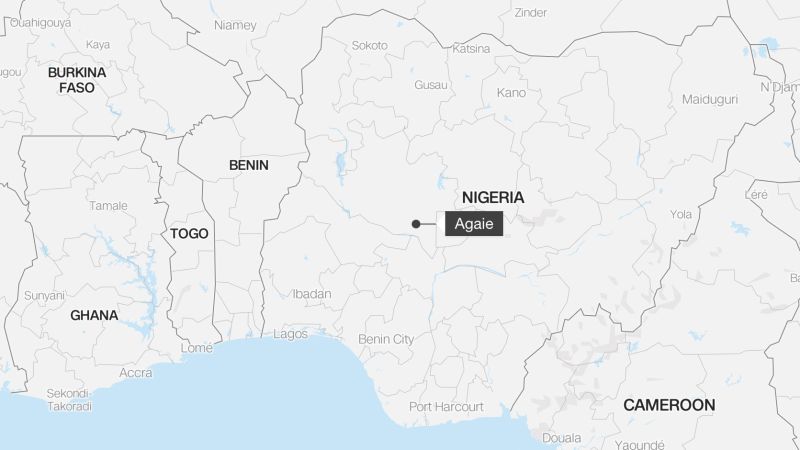The horrific fuel tanker explosion that recently occurred in Nigeria has claimed at least 94 lives and injured numerous others, provoking a widespread sense of grief and shock among the citizens and bringing urgent attention to the long-standing issue of safety in handling and transportation of flammable materials.
The devastating incident took place in the central state of Benue in Nigeria when a fuel tanker overturned and exploded. The explosion resulted in one of the deadliest tragedies that Nigeria’s oil-rich but impoverished masses have experienced.
Individuals attempting to scoop fuel from the overturned vehicle are believed to have sparked the blast. Fueled by poverty and desperation, such unsafe activities have become a common risk, with similar incidents occurring frequently in many African nations.
The tanker, loaded with fuel, crashed near the town of Oshigbudu, spewing its flammable content across the road and the surrounding area. Unaware of the imminent danger, various individuals hastily approached the scene with cans, jerrycans, and other containers hoping to collect spilled fuel. According to preliminary investigations, such activities involving the spilled fuel likely led to the cataclysmic event.
Local authorities, with the aid of emergency services and personnel, arrived on the scene to initiate firefighting efforts and facilitate rescue operations. Detailed assessments of the catastrophe are still underway to determine the full scale of the tragedy. In addition to the 94 At least 94 lives lost, dozens suffered severe injuries, increasing the likelihood of the death toll rising. Those recuperating are being treated at nearby hospitals, their conditions ranging from moderate to critical.
Local bodies and international agencies have swung into action to provide aid to the victims and their families. The state governor has expressed deep condolences to the bereaved relatives of the accident and has assured them that those responsible will be held accountable. He, along with other officials, has also underscored the urgent need for regulatory and behavioral changes to prevent such cataclysms in the future.
This incident sheds light on the broader issue of fuel management safety and the significance of necessary safeguards in Nigeria. The country, being Africa’s largest oil producer and richest economy, has a significant number of its citizens living in acute poverty. This socioeconomic disparity often drives people, particularly in rural areas, to risk their lives scooping fuel from tankers involved in accidents. Lack of efficient and strict safety standards for fuel handling and transportation compounds the problem.
This disaster serves as a tragic reminder of the pervasive issues of poverty and safety norms, and the urgent need to address them effectively. Building adequate infrastructure, enforcing stricter regulation measures, and raising awareness about the potential hazard of fuel-related accidents can significantly mitigate these risks. These initiatives, however, require the concerted efforts of policymakers and society at large.
Meanwhile, as Nigeria continues to mourn the loss of its citizens, the international community’s thoughts and prayers are with this African nation, hoping it will find the strength to recover from this tragedy and take determined strides towards a safer future.




